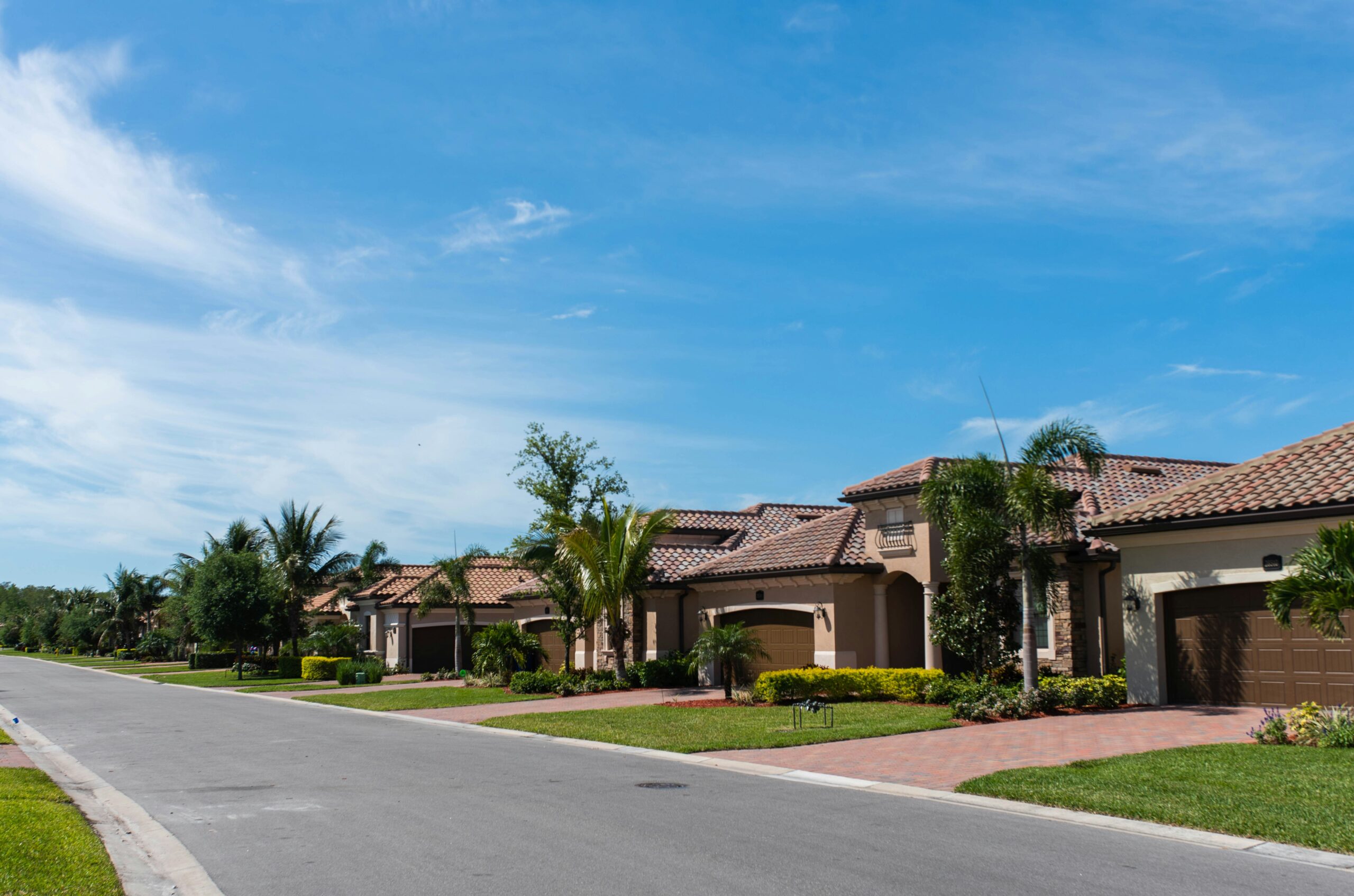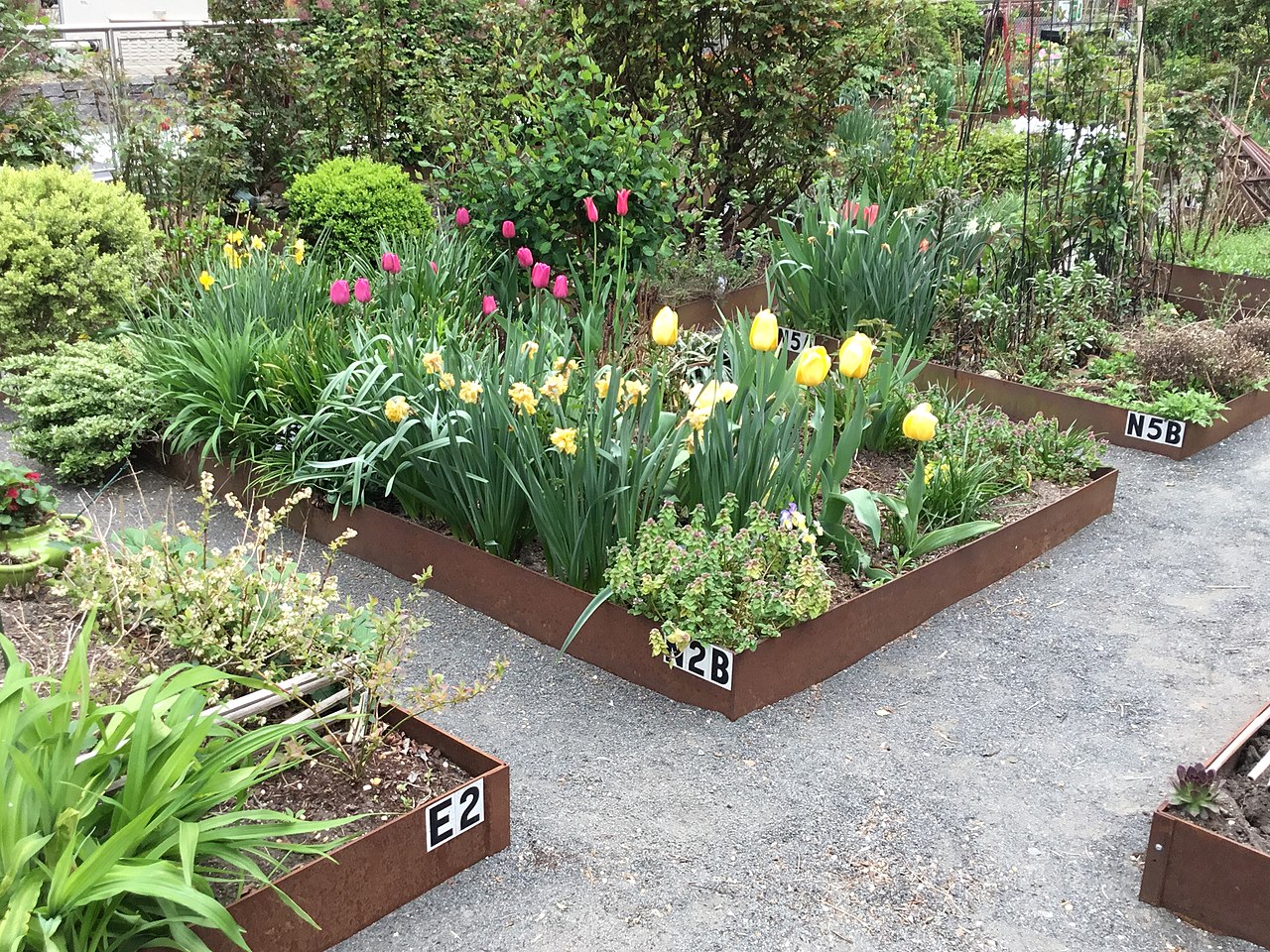Opinion — By Paul Sharman
Xenophobic: from the Greek, meaning “fear of strangers.”
Heritage: features belonging to the culture of a particular society, such as traditions, language, buildings, which come from the past and are still important.
Is heritage assessment in planning xenophobic? Unfortunately, yes. While there is nothing wrong with recognizing and preserving certain architecturally significant properties, this should be done only in exceptional circumstances by experts. The original altruistic aims of recognizing the history of a municipality via the preservation of older buildings is now an antiquated idea that has been generally co-opted by special interest groups with limited experience in architecture, building design, or history. In Burlington, the Heritage Advisory Committee, which is appointed by city council, is made up of citizens: no mention is made of these citizens needing any particular specific experience or education in heritage. The primary aim of designating buildings of important cultural heritage as heritage properties now seems to be control: control over the neighbour’s private property, commercial sites or public lands. A heritage designation, and its derivatives, have been weaponized by those of the NIMBY (“Not In My Backyard”) persuasion, to intimidate neighbours and slow development.
Perhaps, in keeping with the original goal of preserving some “important” properties, a municipality could offer lower property taxes on a property if the owner volunteers for that property to be on a registry (lower property taxes are appropriate, as owners usually lose up to 50% of the pre-designation property value and take on onerous maintenance responsibilities). If an owner decides to remove their property from the registry, then the property tax discount would be rescinded. If there remains the unfortunate insistence that there be a committee designated to determine the cultural or architectural importance of a property, then this group must be composed of qualified architects, designers, and historians who offer a wide spectrum of experience and opinions and are not only espousing the Eurocentric viewpoint. In other words, the group must hold more than one perspective.
The heritage of a municipality is not static, it is constantly evolving via the introduction of newcomers (“strangers”) and their respective cultures. The belief that a town should preserve its “heritage” basically means the protection of an older, generally dominant culture, to the exclusion of another, generally a newer one. Heritage designations and neighbourhood character assessments are simply colloquialisms for NIMBY, another way of saying “this is us; you (newcomer, stranger), are not part of this.” These designations also create, unintentionally or not, a caste system within society with the implicit message that “old blood” has more rights because they have been here longer. Paradoxically, the biggest challenge with heritage properties is that they are generally only associated with a colonialist past with limited or no recognition of any Indigenous culture. Burlington has made the token gesture of naming its hospital after Mohawk leader Joseph Brant — except his Indigenous name was Thayendanegea and he was a slave owner. History can be messy.
It is time to do away with heritage designations.Some municipalities, Burlington included, cannot afford to have any further impediments to development in order to satisfy housing demand. One of the only ways to satiate demand and thereby lower housing prices and costs is to increase supply and remove the barriers to creating this supply.
Burlington has limited land supply. Development charges at both the municipal and regional level reach $52,000 per single family home; anecdotally, construction costs have increased in the range of 20% to 30% over the last year. Land cost is not going lower anytime soon. Skilled labour is in short supply leading to significant upward pressure on wages. House prices in Burlington have increased by 33% from April 2020 to April 2021, according to Zolo.ca. Wonderful for exiting home owners, but if you are not selling in this market, wait until the next MPAC Assessment comes in and property taxes increase correspondingly. An increase in housing supply spreads the municipal and regional tax burden more broadly.
There needs to be a reduction in the barriers to the creation of housing supply. Stopping or delaying the development of desirable and (relatively) affordable housing impacts not only the current generation hoping to purchase homes, but future generations of Canadians, born here or in other countries. Heritage and character assessment roadblocks need to be removed to avoid the xenophobic connotations and, at least in small part, make housing supply greater and prices more stable.


